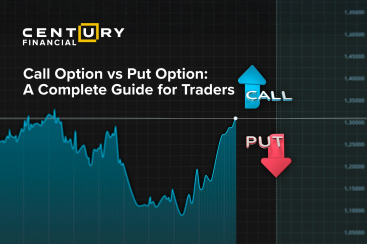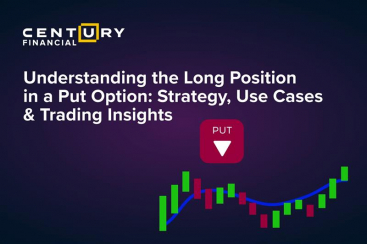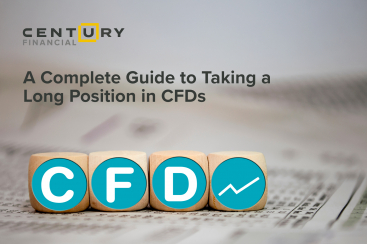

China's central bank has embarked on a significant gold buying spree, amassing large quantities of the precious metal for over a year. This trend, the longest in its history, has resulted in China's central bank holding approsximately 2,257 tons of gold in its vaults.
China Gold Reserves
Motivation for China's Gold Accumulation:
.png)
Reduction of Reliance on the Dollar
As the world's reserve currency, the dollar dominates global commerce, but Beijing is keen on diversifying its foreign exchange reserves to reduce dependence on it. China’s dollar holdings have decreased significantly since 2011, a trend that has accelerated post-pandemic.
The shift towards gold aligns with the objectives of the BRICS nations (Brazil, Russia, India, China and South Africa), competing against a shared currency to challenge the dollar’s supremacy by 2050. Many central banks, including China, started acquiring gold after the US Treasury Department took the rare step of freezing Russia’s US dollar holdings under sanctions imposed on Moscow. Other American allies imposed similar restrictions on their currencies.
Safe Haven Asset
The Chinese yuan has lost approximately 2% of its value against the U.S. dollar this year, while Shanghai-listed stocks are off about 8% from their 2023 high, set back in May. There’s an ongoing property crisis, with shares of Evergrande Group—China’s second-largest property developer and the world’s most indebted.
Against this backdrop, gold has emerged as a preferred investment alternative, acting as a hedge against financial volatility.
.png)
Rise in Gold price
Gold prices in China have soared as a result, hitting a historic relative high with a more than $100 premium per ounce over metal prices in New York or London, according to Bloomberg, underscores the high prices
Other Central Banks
It's not just China buying gold; the other central banks are, too. According to the World Gold Council (WGC), many central banks worldwide are considering adding gold to their reserves in the coming years. Russia, another notable player, is expected to resume buying foreign currency and gold in the coming months.
What does it mean for Investors?
Managing Risk
For individual investors, gold can help in the diversification of their portfolios, potentially reducing their exposure to traditional financial assets. For many, it's a strategic move to enhance financial stability. Furthermore, China's gold accumulation demonstrates its role as a hedge against the devaluation of its currency, the yuan.
Fighting against inflation
The Federal Reserve has aggressively raised interest rates for over a year in its ongoing battle to bring down inflation. Finally, the latest inflation numbers suggest the Fed is progressing in controlling prices.
Monthly 12-month inflation rate in the United States from March 2020 to March 2024
Gold is widely considered an alternative universal currency, but one that earns no interest payments or other cash flows. As a result, it has historically been negatively correlated to interest rates.
Gold prices ahead
The Fed's expected rate cuts and continued geopolitical uncertainty, which typically sends investors to safe-haven assets like gold, should keep demand for gold high.
According to a report from JPMorgan, gold prices should rise steadily quarter-over-quarter until peaking in the back half of 2025. Gold is trading above $2,250 per ounce, surpassing JPMorgan's yearly predictions.
The Bottom Line
China's gold rush highlights the metal's ongoing role as a haven in economic and geopolitical uncertainty. This move signals China's desire to diversify its reserves and strengthen its currency. The impact on the global gold market could be significant, potentially influencing other central banks.
This marketing and educational content has been created by Century Financial Consultancy LLC (“Century”) for general information only. It does not constitute investment, legal, tax, or other professional advice, nor does it constitute a recommendation, offer, or solicitation to buy or sell any financial instrument. The material does not take into account your investment objectives, financial situation, or particular needs.
The opinions expressed by the hosts, speakers, or guests are their own and may change without notice. Information is based on sources we consider to be reliable; however, Century does not guarantee its accuracy, completeness, or timeliness and accepts no liability for any loss arising from reliance on this content.
Trading and investing involve significant risk, and losses may exceed initial deposits. Past performance is not indicative of future results. CFDs and other leveraged products are complex instruments that may not be suitable for all investors. Please ensure you understand how these products work, the associated risks, and seek independent professional advice if necessary.
Century is licensed and regulated by the UAE Capital Market Authority (CMA) under License Nos. 20200000028 and 301044.
Please refer to the full risk disclosure mentioned on our website.

.png)











.png)
.png)
.png)
.png)


